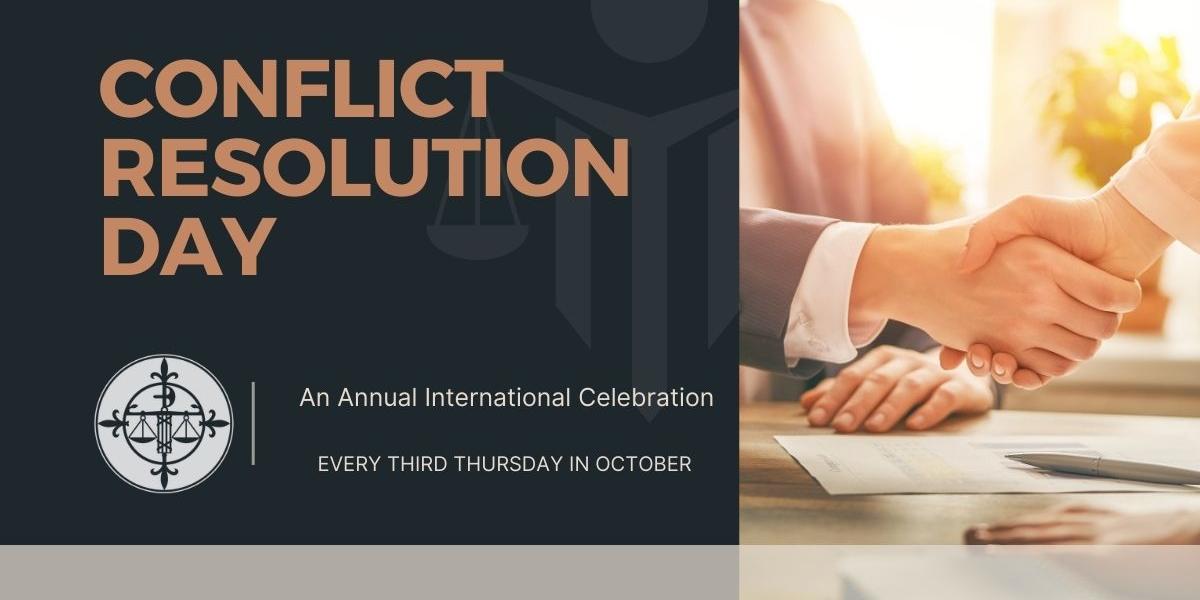Nebraska Mediation and Office of Dispute Resolution
The third Thursday of October is recognized as Conflict Resolution Day and the American Bar Association recognizes the third week of October as Mediation Week to promote mediation and the work of neutrals.
When you ask someone what is the first thing that comes to mind when you say conflict, it’s common for that first thought to be negative. People generally don’t like being in conflict because it’s uncomfortable. Tensions can be high and there may be mistrust, and usually there is poor communication.
Conflict, however, can also create an opportunity to explore ideas and perceptions that are different than our own. That is not to say that it is easy to do. People tend to fall into the habit of listening to respond, rather than actually hearing what is being said. Have you ever found yourself already contemplating how you are going to respond to someone after only the first few words? To further complicate conflict, there is a misconception that understanding someone else’s point of view equates to agreeing with them. Without understanding what is driving someone’s demand, it can be nearly impossible to move forward.
How can using a mediator – a neutral third party – help with conflict? Parties tend to hear what mediators are saying because the mediator is new to the conflict and doesn’t have any substantive decision-making authority. Mediators also use their skills to let the parties know they have been heard, at least by the mediator. For example, a party may phrase something that has some sting to it. If it is something important for the other party to hear, the mediator will restate it but using words that are neutral in tone making it is easier for the receiving party to hear. The mediator can also assist with restructuring the conflict to focus on the issues rather than the people, such as focusing on what is best for their children rather than making decisions to hurt the other parent. The result is that a mediator assists the parties in changing their approach to conflict allowing the parties collaboratively work to find a solution that meets the important needs of the parties.
Mediation is more than negotiating a compromise. It is about creating an environment that allows parties to hear different perspectives and learn what is important, those underlying needs that people have, and not just the initial demands. From that, the parties can be creative in designing a solution. That is what mediation is all about – assisting people to shift to collaboration allowing them to find a solution that works.
For more information on mediation in Nebraska and how to find a mediator is available at https://supremecourt.nebraska.gov/programs-services/mediation-restorative-justice

